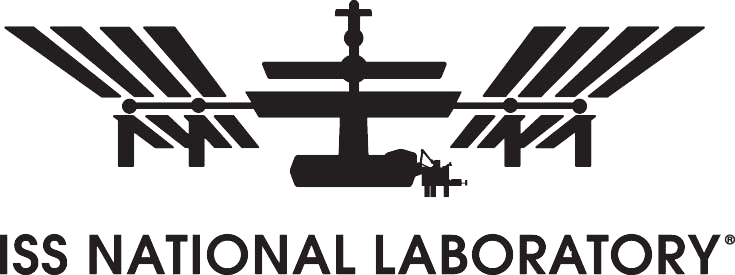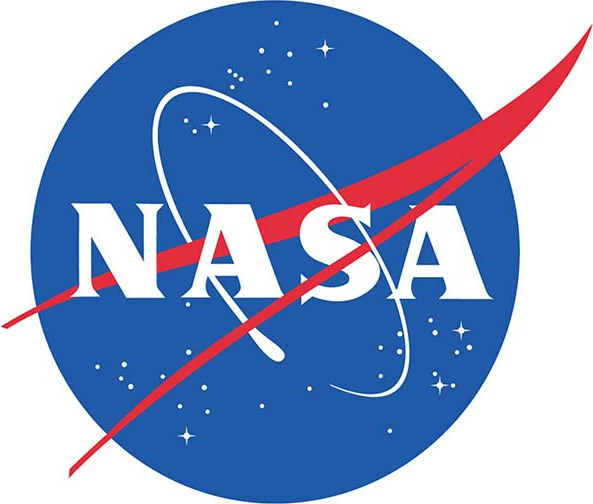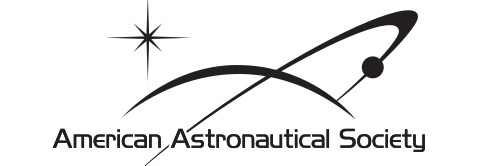The International Space Station Research and Development Conference (ISSRDC) is hosted by the Center for the Advancement of Science in Space, Inc. (CASIS), manager of the ISS National Laboratory; NASA; and the American Astronautical Society (AAS).
INTERNATIONAL SPACE STATION NATIONAL LABORATORY
The International Space Station (ISS) National Laboratory is a one-of-a-kind laboratory that enables research and technology development not possible on Earth. As a public service enterprise, the ISS National Lab allows researchers to leverage this multiuser facility to improve life on Earth, mature space-based business models, advance science literacy in the future workforce, and expand a sustainable and scalable market in low Earth orbit. Through this orbiting national laboratory, research resources on the ISS are available to support non-NASA science, technology, and education initiatives from U.S. government agencies, academic institutions, and the private sector. The Center for the Advancement of Science in Space, Inc. (CASIS) manages the ISS National Lab, under Cooperative Agreement with NASA, facilitating access to its permanent microgravity research environment, a powerful vantage point in low Earth orbit, and the extreme and varied conditions of space.
Learn more about the ISS National Lab: www.ISSNationalLab.org
NATIONAL AERONAUTICS AND SPACE ADMINISTRATION
The National Aeronautics and Space Administration (NASA) is America’s civil space program and the global leader in space exploration. The agency has a diverse workforce of just under 18,000 civil servants and works with many more U.S. contractors, academia, and international and commercial partners to explore, discover, and expand knowledge for the benefit of humanity. At its 20 centers and facilities across the country—and the only National Laboratory in space—NASA studies Earth, including its climate, our Sun, and our solar system and beyond. We conduct research, testing, and development to advance aeronautics, including electric propulsion and supersonic flight. We develop and fund space technologies that will enable future exploration and benefit life on Earth. NASA also leads a Moon to Mars exploration approach, which includes working with U.S. industry, international partners, and academia to develop new technology and send science research, and soon humans, to explore the Moon on Artemis missions that will help prepare for human exploration of the Red Planet.
Learn more about NASA: www.nasa.gov
American Astronautical Society
Since 1954, the American Astronautical Society (AAS) has been the premier network of current and future space professionals dedicated to advancing all space activities. The Society has long been recognized for the excellence of our national symposia, technical conferences, and publications and for our impact on shaping the U.S. space program. AAS members have opportunities to meet and connect with leaders in the space industry to exchange information and ideas, discuss career aspirations, and expand their knowledge and expertise. The American Astronautical Society: Connections. Insight. Credibility. Leadership.
Learn more about AAS: https://astronautical.org/


